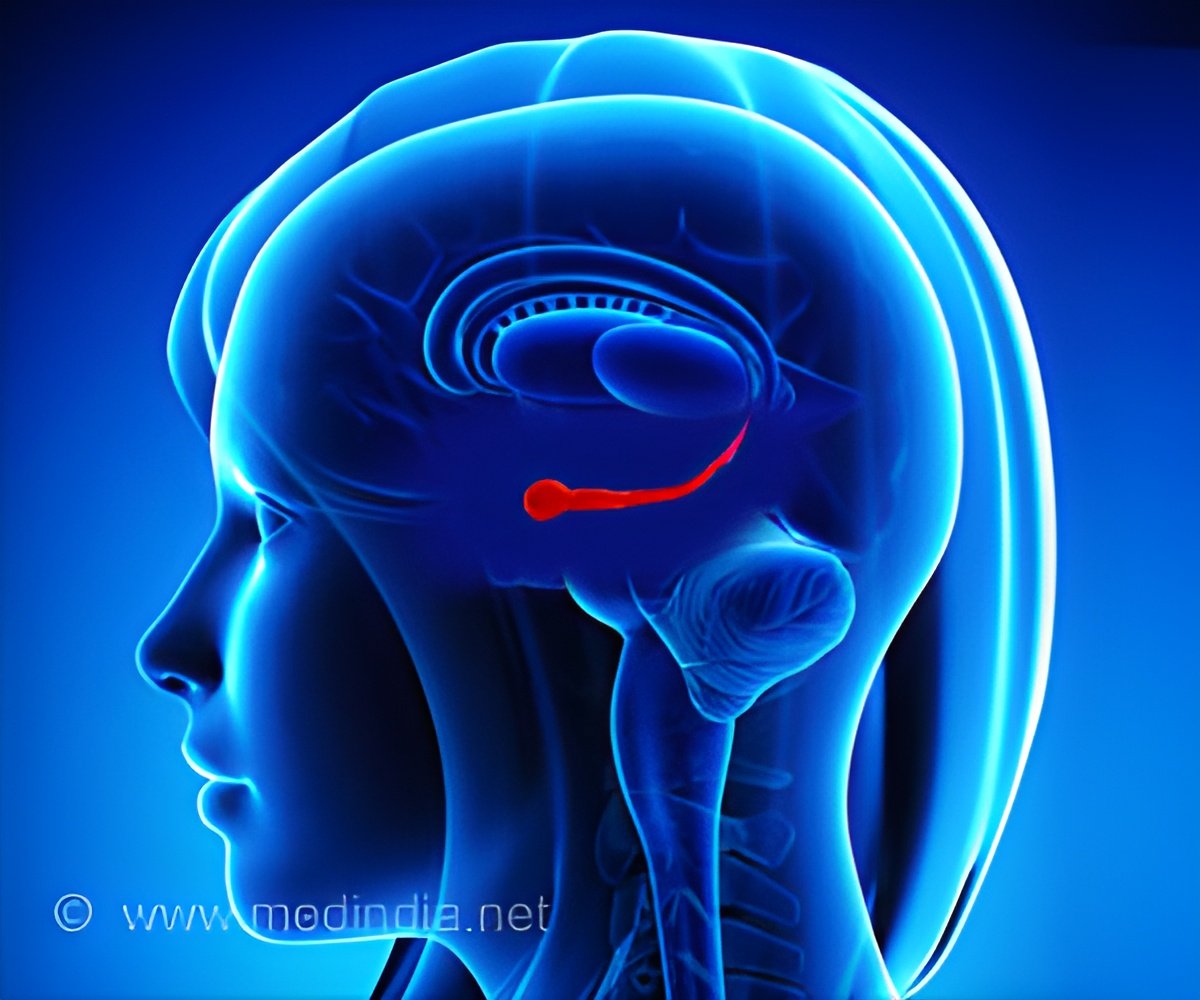Serotonin can act as a growth factor for the stem cells in the fetal human brain that determine brain size.

‘Serotonin can act as a growth factor for the stem cells in the fetal human brain that determine brain size.
’





These players typically act cell-intrinsically in the so-called basal progenitors, the stem cells in the developing neocortex with a pivotal role in its expansion. The researchers now report an additional, novel role of the happiness neurotransmitter serotonin which is known to function in the brain to mediate satisfaction, self-confidence and optimism - to act cell-extrinsically as a growth factor for basal progenitors in the developing human, but not mouse, neocortex. The research team of Wieland Huttner at the Max Planck Institute of Molecular Cell Biology and Genetics, who is one of the institute's founding directors, has investigated the cause of the evolutionary expansion of the human neocortex in many studies. A new study from his lab focuses on the role of the neurotransmitter serotonin in this process.
Serotonin is often called the happiness neurotransmitter because it transmits messages between nerve cells that contribute to well-being and happiness. However, a potential role of such neurotransmitters during brain development has not yet been explored in detail. In the developing embryo, the placenta produces serotonin, which then reaches the brain via the blood circulation. This is true for humans as well as mice. Yet, the function of this placenta-derived serotonin in the developing brain has been unknown.
The postdoctoral researcher Lei Xing in the Huttner group had studied neurotransmitters during his doctoral work in Canada. When he started his research project in Dresden after that, he was curious to investigate their role in the developing brain.
Lei Xing says: "I exploited datasets generated by the group in the past and found that the serotonin receptor HTR2A was expressed in fetal human, but not embryonic mouse, neocortex. Serotonin needs to bind to this receptor in order to activate downstream signaling. I asked myself if this receptor could be one of the keys to the question of why humans have a bigger brain." To explore this, the researchers induced the production of the HTR2A receptor in embryonic mouse neocortex.
Advertisement
Significance for brain development and evolution
Advertisement
Source-Eurekalert















